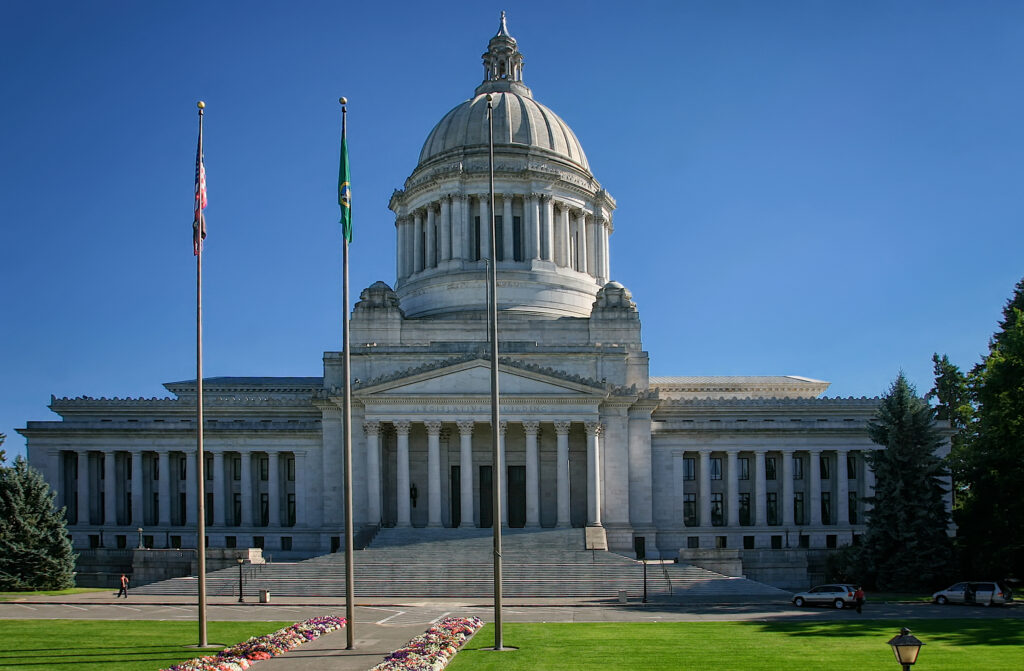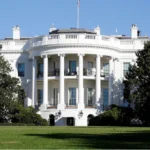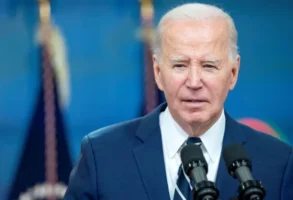
Published March 21, 2023
On March 21, Fellow Eric N. Kniffin of the HHS Accountability Project offered public testimony before the Washington State House Human Services, Youth & Early Learning Committee regarding Senate Bill 5280. In February, Eric submitted a detailed public comment to the same committee on a related bill.
Eric’s public testimony reads in part:
I applaud the Committee’s desire to protect children. SB fifty-two eighty is a good bill and the Catholic Church supports it. But it would be a mistake to amend the bill and try to force priests to tell the state what people say in confession.
Based on recent conversations, I am concerned that members of this committee might not adequately understand the mandatory reporter law as it stands today, as well as the practical and legal effects of trying to require clergy to violate their religious vows.
First, the mandatory reporter law already recognizes lots of privileges. . . . This committee should understand how broad these exceptions are before it takes steps to intrude on a sacrament of the Catholic Church.
Second, it is important to understand why our constitution and laws recognize privileges. According to the Washington Supreme Court, “[B]ecause some relationships are deemed so important and cannot be effective without candid communication, courts and legislatures have granted them privilege,” specifically citing the attorney-client and clergy-penitent privileges.
The U.S. Supreme Court has likewise said the clergy penitent and attorney client privileges “are rooted in the imperative need for confidence and trust.”
These first two points show why attempts to make priests tell the government what people confess would be unconstitutional. One test courts use to see whether a restriction on religion is constitutional is whether the government is equally zealous in restricting similar secular activities. For example, prison safety is important, but if a prison will allow beards for medical reasons, it has to make exceptions for religious beards too. Likewise, protecting public health is important, but if movie theaters can open during a pandemic, then the government can’t shut down churches.
The same is true here: It is plainly unconstitutional for government to say that it is good for lawyers to keep confessions secret for secular reasons, but it is illegal for priests to keep confessions secret for religious reasons. That is why no court has ever approved government invasion of the sacrament of confession.
Before this committee votes on Friday, I challenge you to cite examples of the problem you claim you must solve. When has the seal of the confessional delayed or blocked Washington authorities from knowing about child abuse? Similarly, why you would attack this religious privilege while leaving secular privileges intact?
Please keep these critical points in mind as you deliberate on this bill. Attempting to invade the clergy penitent privilege is unwise, unnecessary, and unconstitutional.
Read the full public testimony.
Eric Kniffin is a fellow at the Ethics and Public Policy Center, where he works on a range of initiatives to protect and strengthen religious liberty as part of EPPC’s HHS Accountability Project.











